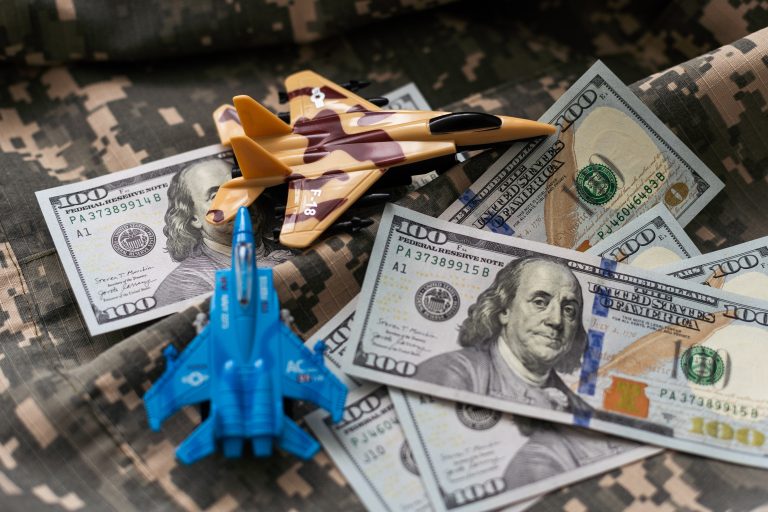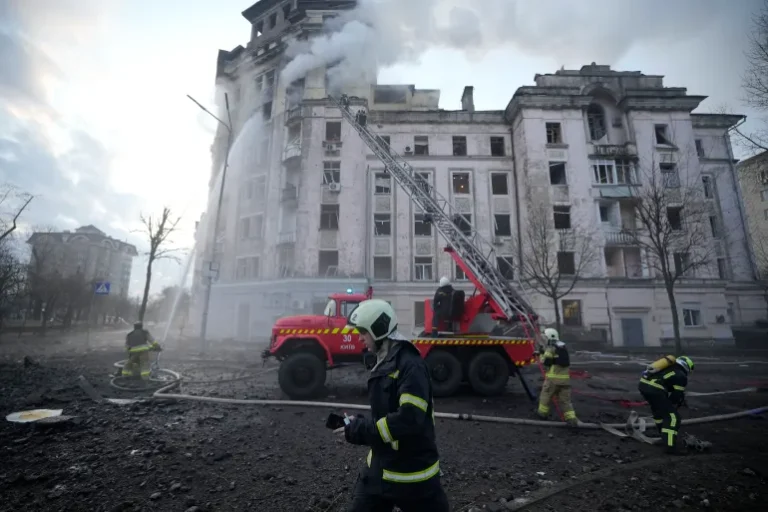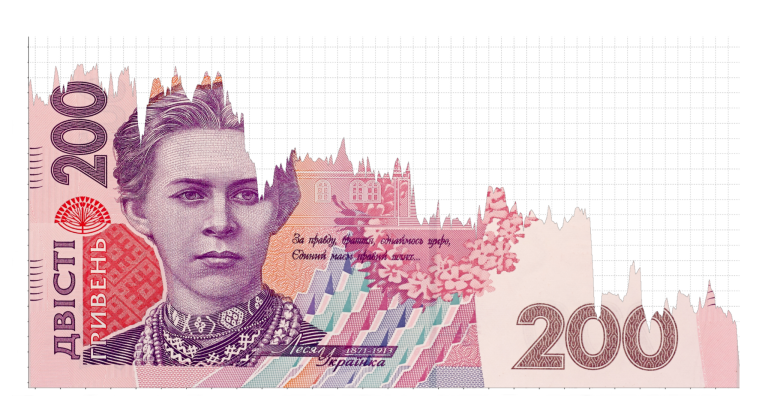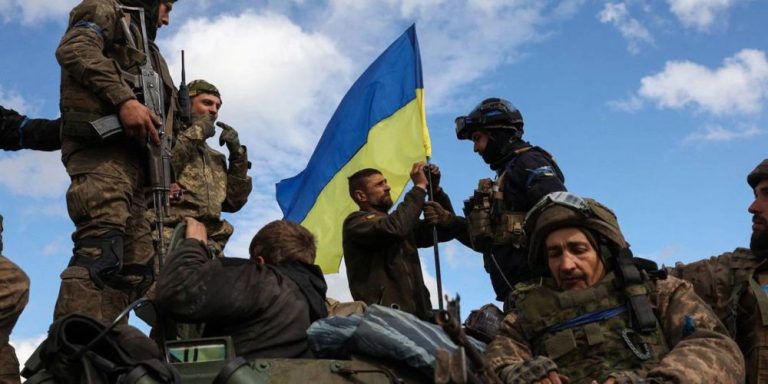
Ukraine’s True Value
Ukraine’s immense industrial and human resources once helped make the Soviet Union a global power, and Russian President Vladimir Putin is counting on them to

Ukraine’s immense industrial and human resources once helped make the Soviet Union a global power, and Russian President Vladimir Putin is counting on them to


A letter to the future German chancellor from Economists For Ukraine.

Ukraine’s science and innovation sector has suffered significant setbacks since the full-scale Russian invasion in 2022, yet it remains an essential pillar for the country’s

Russian scientists have provided a significant amount of support for Russia’s war in Ukraine. They develop military technologies, publish open letters in support of the

The war of attrition has led to an unprecedented increase in defense expenditures in Ukraine’s budget. However, even with Western assistance, these funds are still

“Bad men need nothing more to compass their ends, than that good men should look on and do nothing.” A keen observation by John Stuart Mills. Little

Nearly two months before his return to the White House, Donald Trump appears intent on pressuring Ukraine to accept territorial losses in exchange for ending
Donations are collected through the AI for Good Foundation, an IRS 501(c)3 Public Charity (81-1631000)